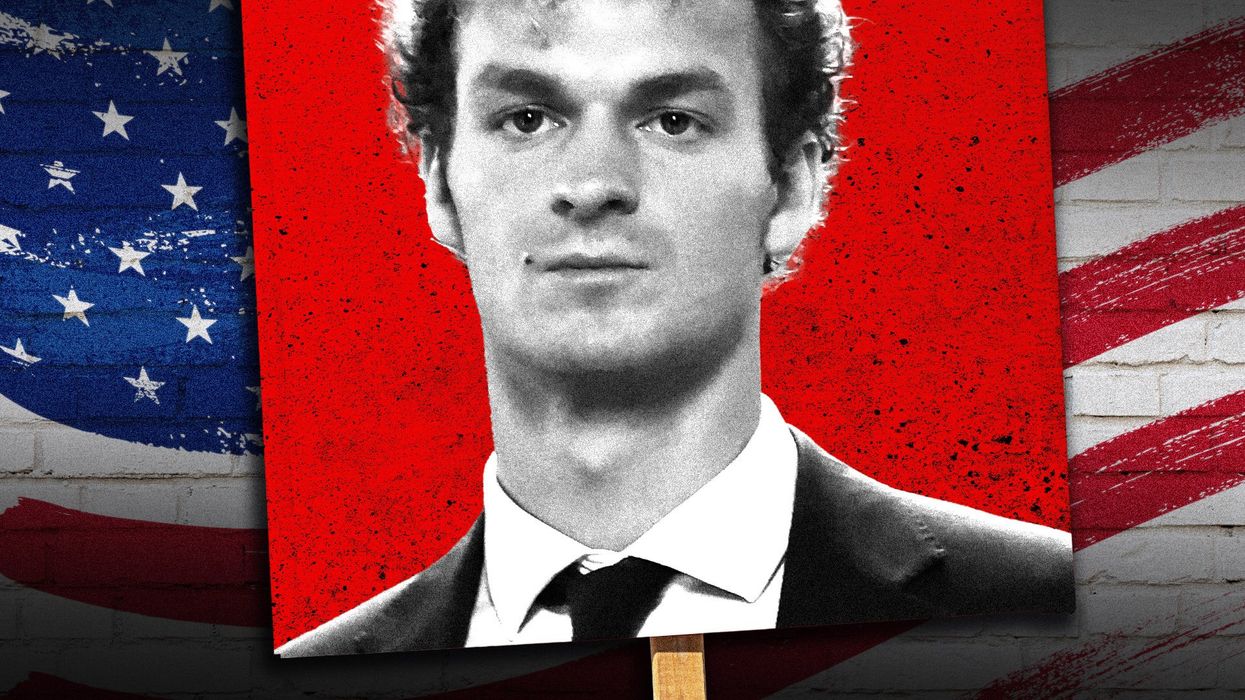
© 2024 Blaze Media LLC. All rights reserved.
South Sudan's recent order banning foreign aid workers shocked many in the humanitarian world. But, isn't it best for the South Sudanese people to to teach them to care for themselves?
In 1957 “Leave it to Beaver” hit American family rooms and told us that white men were in charge and women should always look pretty while vacuuming their new wall-to-wall carpet. There were other television shows like “My Three Sons,” “The Courtship of Eddie’s Father,” “Family Affair” and even “The Kentucky Hillbillies” that told us that if there were no wives around, white men were so smart and powerful that they could bring home the bacon, fry it up in a pan, and raise happy children to boot. There were no such shows telling us women could cope on their own if white men were absent. According to 1950s and '60s television, apparently not even men could manage if they happened to be black.

About the same time many African countries were being un-colonialized. Millions of black Africans—who’d been forced into servitude for generations and taught that they needed white men to not only govern them, but also supply their food and upkeep—were suddenly expected to manage on their own. It didn’t work out so well. More Whites came to the “rescue,” this time in the form of missionaries and humanitarian-aid workers.
When my husband, Milton and I, formed Make Way Partners, the only indigenously operated anti-trafficking network operating in Sudan and South Sudan, we carefully considered the sense of defeat, humiliation and dependence that colonialism bred throughout underdeveloped nations. Experience showed us that most modern-day mission and relief efforts fostered the same feelings in the indigenous people they meant to serve. And resentment among both the “givers” and “receivers” was high.
We believed we needed to turn off the “Leave it to Beaver” missions channel, and honor the dignity of God working in and through all His people across the globe, not just a select few who held the power. One-by-one we’ve found intelligent and faithful indigenous leaders throughout Sudan and South Sudan. This model allows us to not only save thousands of widows and orphans who were vulnerable to human trafficking, but also to supply fulltime jobs to more than 300 indigenous teachers, pastors, caregivers, nurses, cooks and security guards.
When Sudan’s president al-Bashir kicked out all foreign aid workers from Darfur, our orphans never missed a meal or a single day of school because all their cooks and teachers were locals. Now, at the brink of famine, South Sudan’s Ministry of Labor is ousting all foreign humanitarian aid workers, insisting that the jobs be given to locals.
South Sudan’s government is rife with corruption. Still, its past time for those of us with the power of Ward Cleaver to stop pointing our finger when our top-down infrastructures are challenged or flat-out fail.
What if we used this latest crisis as a bridge to redeem centuries of degradation by admitting we’ve been wrong, even when we’ve been “giving”? What if we empowered the locals by assigning the current foreign aid workers to a local employee who they mentored for a year, or even two? Yes, it would be more costly upfront, but the investment just might send the message that “You are smart enough to manage these goods today, and in time, to earn them on your own.”
We may never know what June Cleaver could have done without Ward, but South Sudanese leaders like James Lual Atak and Romano Oguma Nero are teaching the world what the dignity of God can do through people of all races and socio-economic classes.
–
TheBlaze contributor channel supports an open discourse on a range of views. The opinions expressed in this channel are solely those of each individual author.
Want to leave a tip?
We answer to you. Help keep our content free of advertisers and big tech censorship by leaving a tip today.
Want to join the conversation?
Already a subscriber?
more stories
Sign up for the Blaze newsletter
By signing up, you agree to our Privacy Policy and Terms of Use, and agree to receive content that may sometimes include advertisements. You may opt out at any time.
© 2024 Blaze Media LLC. All rights reserved.
Get the stories that matter most delivered directly to your inbox.
By signing up, you agree to our Privacy Policy and Terms of Use, and agree to receive content that may sometimes include advertisements. You may opt out at any time.


